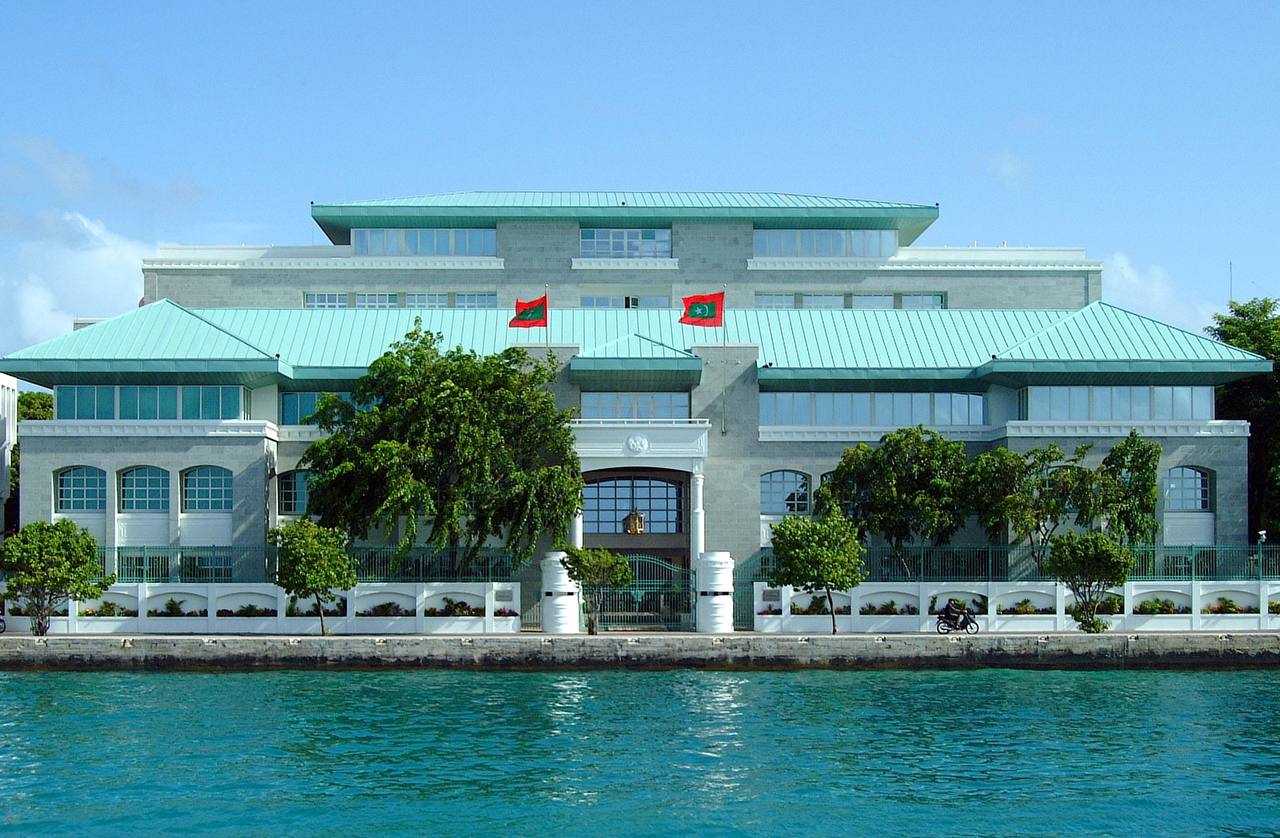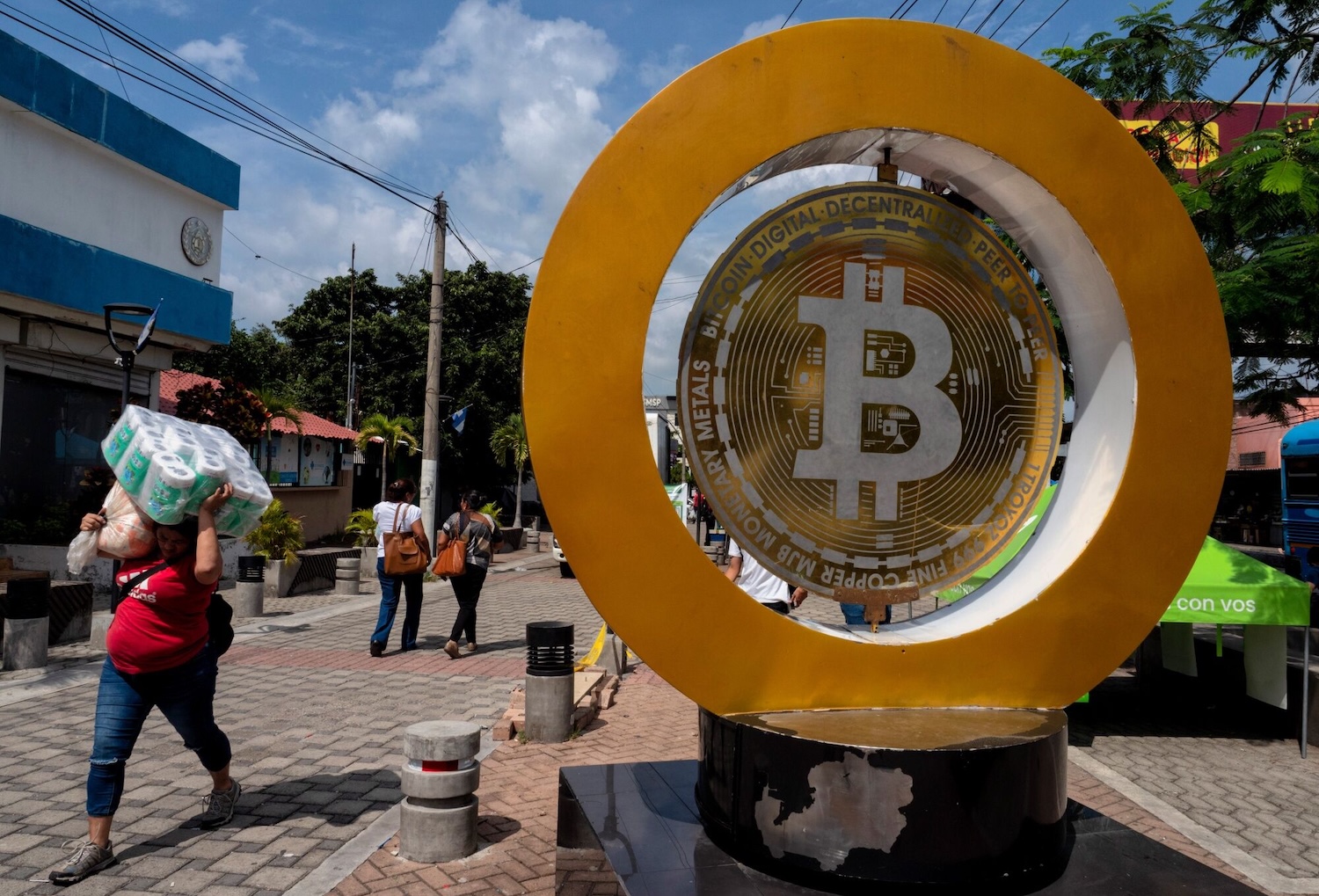The Maldives stands at a critical crossroads. The nation is facing an economic crisis of unprecedented proportions, with inflation spiraling, national debt ballooning, and key sectors like tourism and fishing struggling to regain stability. The situation has deteriorated to the point where the country’s future, as it stands, could be jeopardized without drastic intervention. It is becoming increasingly clear that the only viable solution to rescue the nation from the brink of economic collapse is the formation of a coalition government that transcends political divides and prioritizes the national interest over individual or party agendas.
A Dire Financial Situation
The Maldives has been grappling with severe inflation, which has pushed essential goods and services out of reach for many citizens. The cost of living in the capital, Malé, and throughout the archipelago is skyrocketing, while wages have remained stagnant. At the same time, the nation’s foreign debt continues to rise, placing further pressure on the government’s ability to meet its financial obligations. Foreign investment is dwindling, and access to international credit has become increasingly limited, as global financial institutions grow wary of the nation’s deteriorating fiscal position.
Moreover, the COVID-19 pandemic has left long-lasting scars on the economy, particularly in the tourism sector — a major revenue stream for the nation. As the economy flounders, the social fabric of the Maldives is fraying, with rising unemployment and growing inequality. Citizens are desperate for change, but the current political climate, characterized by entrenched divisions, makes it difficult for any one party or leader to enact meaningful reforms alone.
The Case for a Coalition Government
In the face of these overwhelming challenges, the solution lies in collaboration. A coalition government offers the opportunity to unite diverse political forces, combine expertise, and implement broad-based policies that can address the multifaceted nature of the economic crisis. A coalition would be a pragmatic response to the reality that no single party, regardless of its platform, has the resources or political capital to navigate the storm alone.
- Unity in Action
The current political fragmentation in the Maldives has hindered effective governance, as competing factions often prioritize party loyalty over national interests. A coalition government, however, would foster unity among different political groups, ensuring that policies reflect the diverse needs of the nation’s population. By working together, a coalition can formulate comprehensive economic strategies, address pressing social issues, and rebuild the public’s trust in the political process. - Inclusive Decision-Making
A coalition government ensures that no voice is left unheard. The involvement of multiple parties with varied perspectives will create more balanced and inclusive decision-making. This is especially crucial in an economic crisis, where policies must be inclusive to ensure the equitable distribution of resources and support for marginalized communities. The inclusive nature of a coalition would also promote transparency, as decisions would be subject to scrutiny by multiple stakeholders. - Economic Reforms and Stability
The Maldives requires sweeping economic reforms — reforms that no single party is likely to be able to implement without facing significant resistance. A coalition government would allow for a more cohesive approach to tackling the underlying structural issues of the economy, such as over-reliance on tourism, unsustainable borrowing practices, and a lack of diversification. With the collaboration of experienced policymakers from different sides of the political spectrum, the nation can forge a recovery path that ensures long-term economic stability. - Restoring International Confidence
The Maldives’ international standing has been tarnished by the country’s internal political instability and financial mismanagement. A coalition government, built on the principles of cooperation and national interest, would signal to international investors and lenders that the Maldives is serious about reform and is willing to put aside partisan politics for the greater good. This could open the door to much-needed foreign investment, financial aid, and better access to international markets. - A Stronger Social Contract
In times of crisis, the public must feel that their leaders are united in working towards a common goal. A coalition government would embody this unity, fostering a sense of solidarity between the government and the people. This collaboration would also allow for a more robust social contract, as the interests of different regions and demographics would be better represented, leading to more effective policies that address both immediate needs and long-term goals.
A Crucial Step for the Nation’s Survival
The Maldives stands at a critical juncture in its history. Without decisive action, the country risks descending further into economic turmoil, with lasting repercussions for its people. A coalition government, transcending party lines, represents the best hope for pulling the nation back from the brink.
It is time for all political parties to put the interests of the Maldivian people above partisan concerns. A coalition government would not only bring stability but also inspire hope, showing that despite the economic challenges, the country can stand united and overcome adversity. For the future of the Maldives and the well-being of its citizens, a coalition government is not just a choice — it is an imperative.
By uniting in the face of this crisis, the Maldives can restore its economic foundation, rebuild trust, and move towards a prosperous future for all its citizens.




